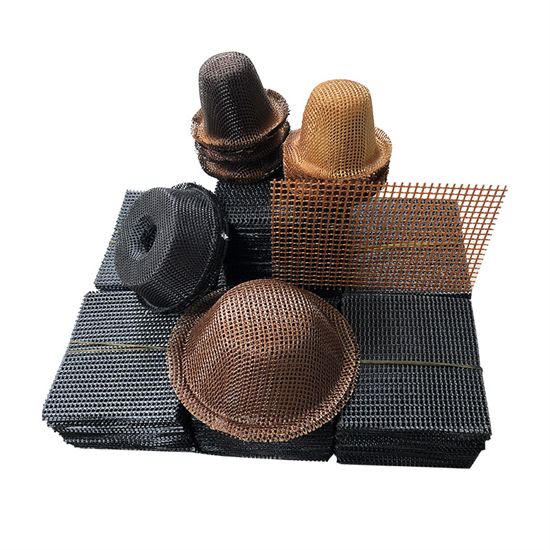Fiberglass vs. Other Filter Media: Which One Reigns Supreme?
Introduction
Filtration is a crucial process in various industries, from air purification and water treatment to oil and gas production. The choice of filter media plays a significant role in determining filtration efficiency and overall performance. One filter media that has gained popularity is fiberglass, known for its versatility and effectiveness. In this article, we will compare fiberglass with other common filter media to determine which one reigns supreme in different applications.
Advantages of Fiberglass:
High Efficiency: Fiberglass filters are highly efficient in capturing small particles, making them effective in air filtration and water treatment.
Chemical Resistance: They are resistant to chemicals and corrosion, making them suitable for harsh environments.
Low Maintenance: Fiberglass filters require minimal maintenance, reducing operational costs.
Customization: Fiberglass filters can be manufactured in various shapes and sizes to fit specific applications.
Common Filter Media
Paper Filters:
Advantages: Paper filters are affordable and widely used in HVAC systems and automotive applications.
Limitations: They have lower efficiency in capturing smaller particles and may need frequent replacement.
Activated Carbon Filters:
Advantages: Activated carbon filters are excellent at adsorbing odors and gases, making them suitable for air purification.
Limitations: They may not be as effective in capturing particulate matter, and their adsorption capacity diminishes over time.
Metal Filters:
Advantages: Metal filters are durable and reusable, making them ideal for industrial applications.
Limitations: They may have lower filtration efficiency compared to fiberglass for certain particles.
Synthetic Filters:
Advantages: Synthetic filters offer a good balance between filtration efficiency and affordability.
Limitations: They may not have the chemical resistance of fiberglass and may require more frequent replacement.
Application-Specific Considerations
Air Filtration:
For air purification and HVAC systems, fiberglass filters are often preferred due to their high efficiency and durability. They excel in capturing allergens, dust, and pollutants.
Water Treatment:
In water treatment, fiberglass filters are favored for their resistance to chemical corrosion and ability to remove fine particles. They are commonly used in swimming pool and industrial water filtration.
Oil and Gas Filtration:
Metal filters may be preferred in the oil and gas industry due to their durability and ability to withstand high temperatures. However, fiberglass may also be used in specific applications where chemical resistance is required.
Medical and Pharmaceutical:
Synthetic filters are often used in medical and pharmaceutical applications where sterile filtration is crucial. They offer a balance between filtration efficiency and cost-effectiveness.
Conclusion
The choice between fiberglass and other filter media depends on the specific application and filtration requirements. While fiberglass excels in many areas, it may not be the best choice for all situations. Understanding the advantages and limitations of each filter media is essential for selecting the one that reigns supreme in a particular application. Ultimately, the "supremacy" of a filter media depends on how well it meets the filtration needs of the given industry or process.


Comments
0